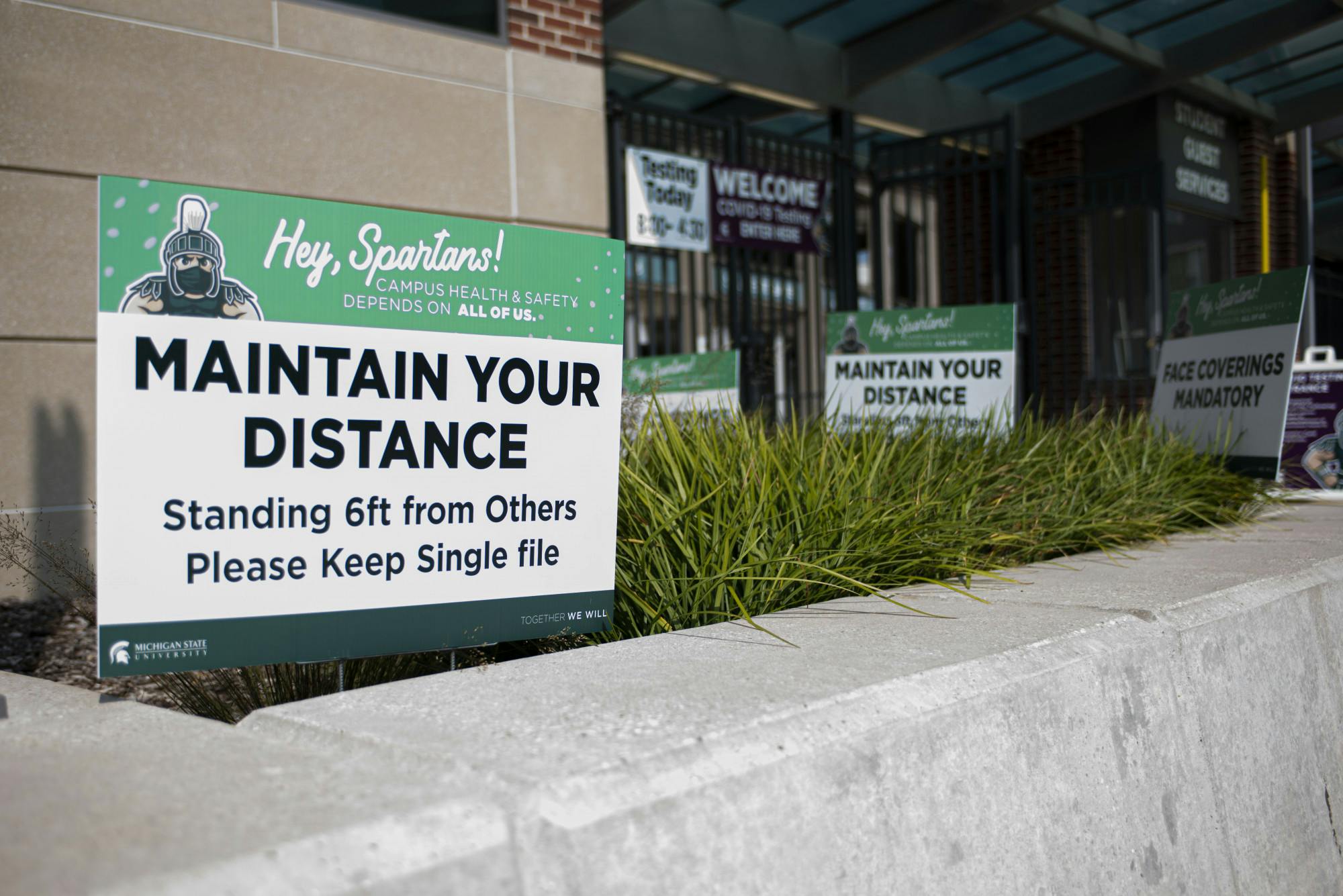The Michigan Department of Health and Human Services (MDHHS) announced a vaccine equity program Monday. This program aims to remove barriers to vaccine access for those in rural areas, people with disabilities, racial and ethnic minorities and other vulnerable populations.
Starting Feb. 15, 41 federally qualified health centers, located in medically underserved areas, will start receiving vaccines for those 65 and older. There are 12 in Ingham County and one is at the Michigan State University Pavilion.
Health care providers with specific plans to remove barriers to vaccine access will also be allowed to request vaccines for those age 60 and up.
“Your ability to get a vaccine should not be impacted by whether you are in a rural or urban part of the state, are lower-income or don’t have access to a car, a computer, internet or you don’t speak English,” Dr. Joneigh Khaldun, MDHHS chief medical executive and chief deputy for health, said in a press conference Wednesday. “This is what equity means.”
MSU Professor of philosophy Leonard Fleck is an expert in health care justice and rationing. He said one of the biggest problems is that there is no widespread agreement on what "equitable" distribution looks like. He said that there are approximately 100 to 110 million Americans who belong to the top priority categories for vaccination.
"The reality is, we have to figure out among those 110 million Americans who we say are all top priority, who is it that is at the absolute top of the priority list and who's slightly below the absolute top priority," Fleck said.
He said the two obvious cases are health care workers and older individuals living in long-term care facilities and nursing homes. After that, Fleck said there are others who concern him: older individuals with chronic health conditions and low-income individuals — mostly non-white — who because of their financial situation having to go to work and come in contact with others.
"But we don't have sufficient vaccine," Fleck said. "So, what we end up doing is, in effect, is spreading some of that limited quantity of vaccine to all of those groups and partially satisfying a need until we've got enough vaccine to actually fulfill our obligations to all those groups."
Fleck said that for low-income Americans, a barrier to access can be signing up for the vaccine, which typically is done via computer and then the patient is notified via computer. This, and finding transportation to the vaccination site, can impede low-income individuals both in rural and urban areas.
He said the statewide vaccine equity strategy is a start, but it still has limits.
"You can set up all the vaccine sites you want, but if you don't have the vaccine to distribute through those sites, then you're just spinning your wheels," Fleck said. "You're not accomplishing anything."
This announcement comes as cases are trending downward from their mid-November peak, Khaldun said, and cases are currently at 113 per million people.
In a press conference on Wednesday, Gov. Gretchen Whitmer said that 1,657, 215 vaccines have been administered, and multiple times the state has hit its goal of 50,000 shots a day.
“Once we get enough vaccines we will hit it every day,” Whitmer said.
Support student media!
Please consider donating to The State News and help fund the future of journalism.
Discussion
Share and discuss “MDHHS announces vaccine equity program, 1 new vaccine location at MSU ” on social media.







